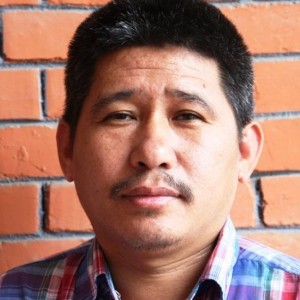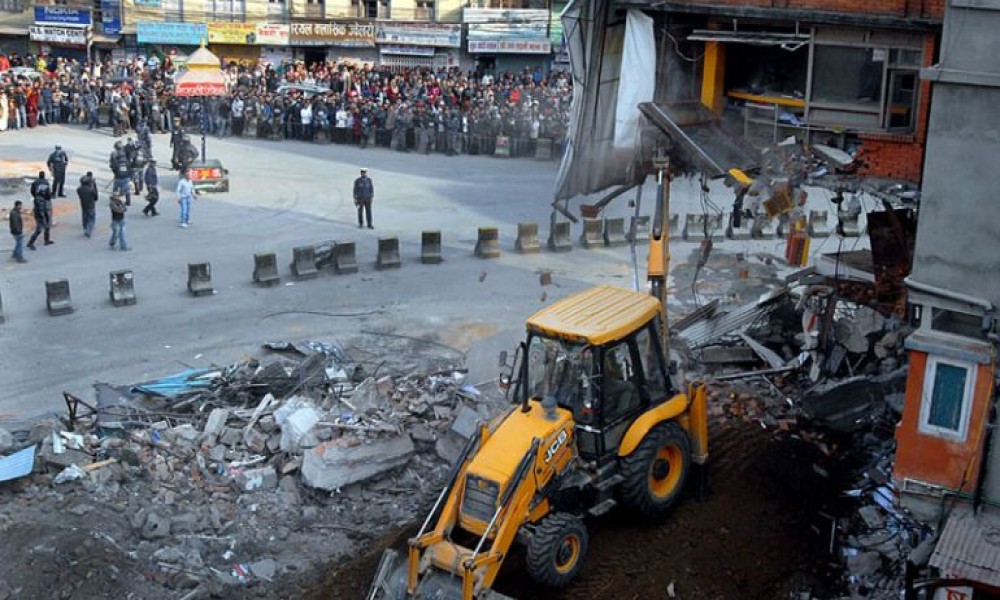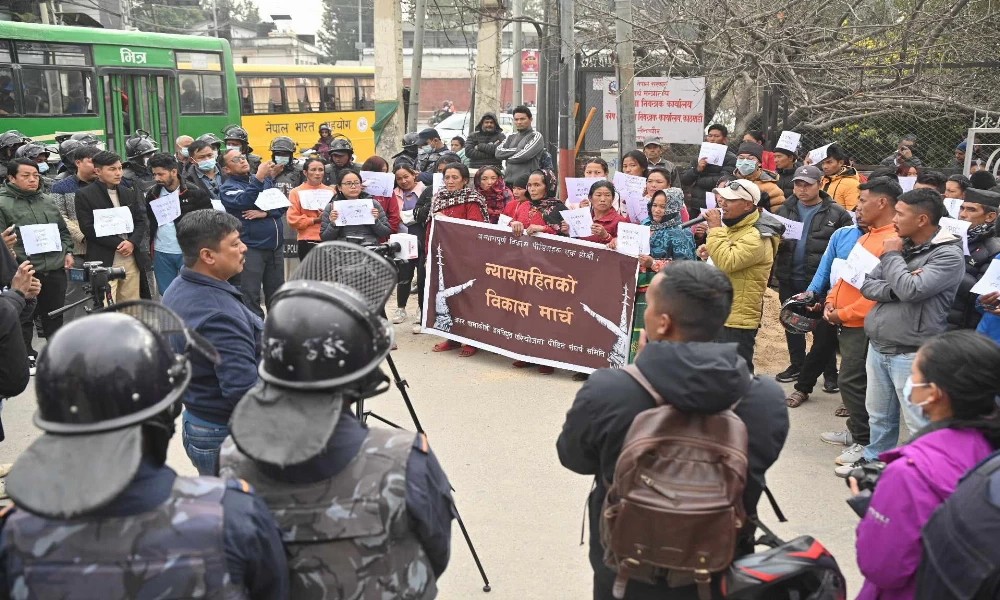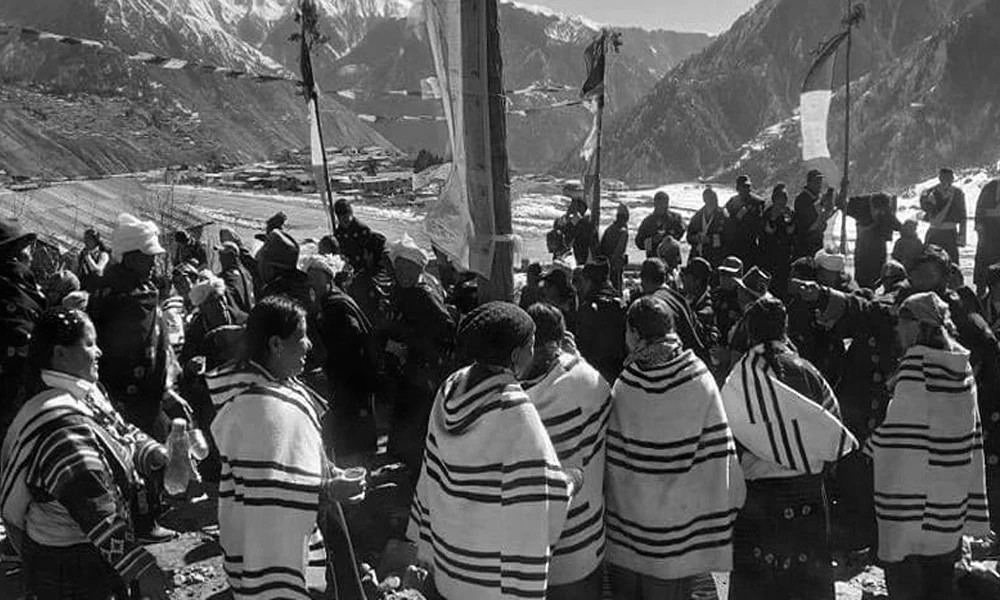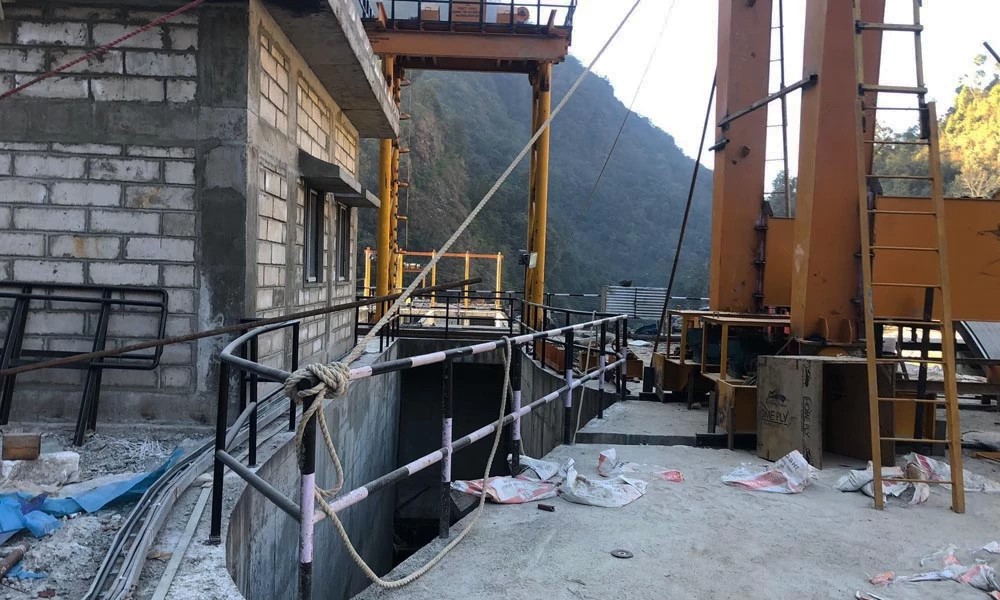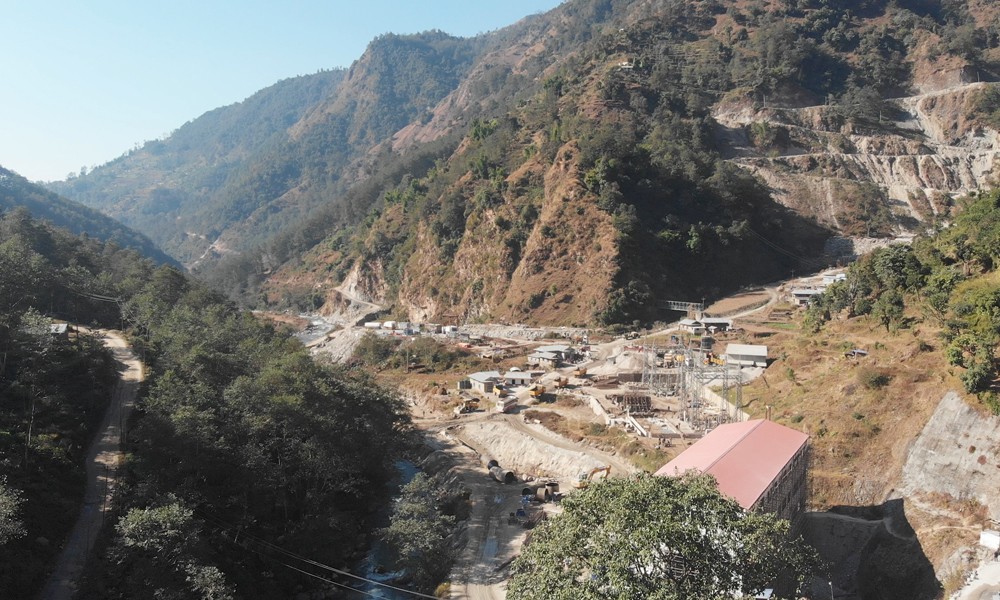Development should be for people, and not against them. But the way roads are being widened in Kathmandu Valley has only added misery to the lives of common people.
As in every development project, the road expansion drive is also being carried out without people's participation in it. This is yet another example of how our policymakers have rejected the bottom-up approach, only thrusting programs from above. In the valley, the locals have formed a coordination committee to resist this road expansion drive.
If development is for people, their human rights cannot be ignored while carrying out development programs. And it is equally important to ensure people's participation in development. If not, development cannot be sustainable.
Recently, the Supreme Court issued an interim order against the Kalanki road expansion. It was in response to a writ that claimed private properties were being destroyed in the name of widening the road. Suman Sayami, who leads the coordination committee against the road expansion drive, says: "We are not against road expansion, but it should not affect individual property."
The expansion of the Jorpati-Sankhu road has also faced public opposition. Sanubabu Bisankhe, who is leading a committee of local people to oppose this expansion, says: "We were not served any notice beforehand. Authorities just started demolition works."
People are not angry just in Kathmandu but also in Bhaktapur. The locals say the state has done injustice in the course of expanding the Araniko Highway. Nil Narayan Koju of Bhaktapur says: "If the government wants to expand the road, it can. We have no problem with that. But it needs to demolish our houses along the road, it should give adequate compensation to us."
Development and human rights are not contradictory concepts, and they should go together. Advocate Shankar Limbu, who is also secretary of the Lawyers' Association of Human Rights of Indigenous People (LAHURNIP), says: "If development is for people, their human rights cannot be ignored while carrying out development programs. And it is equally important to ensure people's participation in development. If not, development cannot be sustainable."
Our constitution and laws have protected private properties. But the government's road expansion drive is against these legal instruments. In Kathmandu, nearly 99 per cent of the people who are suffering from this reckless expansion drive belong to indigenous communities.
Nepal has ratified several international laws and treats that make it mandatory for the state to respect human rights and indigenous people's rights. Advocate Limbu says: "The UN Convention on the Elimination of All Forms of Racial Discrimination was ratified by Nepal during the panchayat era. But the Nepali state is still not ready to respect this convention when it comes to ensuring indigenous people's rights and participation in development projects."
Advocate Jitendra Bajracharya says: "Our constitution and laws have protected private properties. But the government's road expansion drive is against these legal instruments. In Kathmandu, nearly 99 per cent of the people who are suffering from this reckless expansion drive belong to indigenous communities."
Advocate Limbu says it is important to respect UN conventions and treaties that Nepal has signed to avert the conflict between the state and people.
Originally published in Indigenous Feature Service (Year 1, volume 2, October-November 2016)


